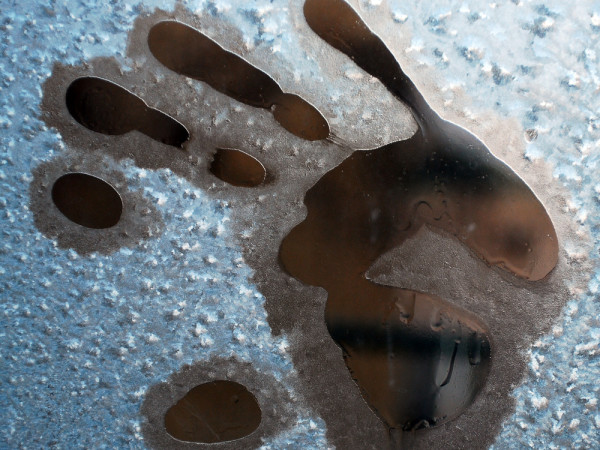Deerfield, Illinois, summers can be hot and humid. These conditions are more than just uncomfortable; they can be dangerous as well. There are numerous hazards you need to look out for with high humidity, from health problems to issues around the house. Keep an eye on the humidity in your home, and make sure you’re staying at low levels so these hazards don’t take hold in your home.
Dehydration
When the air is heavy with added moisture, you’re probably not thinking much about dehydration. However, higher humidity levels are actually linked to water loss in your body. This is particularly troublesome in summer, because high temperatures increase the importance of staying hydrated.
When humidity levels are high, it’s more difficult for sweat to evaporate from the skin’s surface. Through you’re sweating due to the heat, the moisture is staying on your skin and you’re not cooling down. In response, your body will simply sweat more, robbing you of additional hydration. You may notice your limbs and fingers swelling as a result of overall dehydration.
Heat Exhaustion
If you ignore the signs of dehydration and don’t get a break from the hot, humid weather, heat exhaustion is the next problem that you’ll experience. When you’re hot, your blood rushes to the surface of the skin. This makes less blood available for your muscles, brain, and organs. Combine this with dehydration and loss of salt from excessive sweating, and you may experience uncomfortable heat cramps.
If you don’t take action to cool down and rehydrate your body immediately, you may experience a dangerous heat stroke. This is the result of prolonged exposure to heat and humidity that causes the brain’s ability to regulate body temperature to malfunction. Make sure your home is a cool, comfortable haven from outdoor heat so you can recover safely before you experience a heat stroke.
Respiratory Infections
High humidity levels are associated with an increase in respiratory infections. Patients with chronic obstructive pulmonary disease (COPD) have more flare-ups in hot, humid weather. This is particularly true among older patients. As temperatures climb, so does hospital admissions associated with respiratory distress. Breathing hot air can inflame the airway and cause a bronchospasm where the airway contracts and it’s more difficult to breathe.
If it’s humid as well as hot, your body will have a harder time cooling down, as discussed above. This will increase the frequency and severity of heat-related health problems.
Poor Indoor Air Quality
If the air in your home is excessively humid, the indoor air quality will lower. Dust mites thrive in humid environments, and slightly damp surfaces that result from high humidity make it easier for dust to settle and stick. Fungi can grow only in humid environments. If your home’s humidity levels are above 60 percent, they can begin to take hold.
Products that off-gas dangerous chemicals like formaldehyde, such as flooring or furniture, will off-gas more in a humid environment. Acids and salts from sulfur and nitrogen dioxide and ozone will form faster in a humid environment. If humidity levels are consistently high in your home, you’ll experience a decrease in indoor air quality that could make comfortable breathing more difficult for everyone in the home. In addition to controlling humidity, you may also want to consider a better filter or air cleaner to tackle these pollutants.
Mold and Mildew
Mold and mildew thrive in a humid environment. This can cause damage to everyday items, like wood, which will warp as it gets damp. If mildew growth takes hold in upholstery or other fabrics, you may not be able to adequately clean these items. Mold and mildew grow quickly once they’ve taken hold and can cause serious damage to your walls, floors, and ceiling. If you see signs of mold or mildew, clean the area thoroughly and promptly to stop it from spreading.
If you’re battling high humidity in your house, contact Ireland Heating & Air Conditioning at (847) 388-0108 to explore smart solutions for the problem. A dehumidifier or new air conditioner can help you take control and lower humidity levels throughout your house.
Image provided by Shutterstock



